Date & Time: Monday 17 Octber, 18:30
Place: LSE Lecture Theatre
Ground Floor, Centre Builing
Houghton Street
London
WC2A 2AE
A panel discussion about the cultural repatriation of national treasures, inspired by the current status of the Parthenon Marbles.
The debate over the return of the Elgin/Parthenon Marbles has gained greater attention recently. After the Black Lives Matter protests, initiatives have been taken to return national treasures to their countries of origin. For the Marbles, the British Museum has signalled a willingness to consider new options, and the Greek Prime Minister highlighted the issue on UK television. In this panel, we consider the implications of returning the Marbles back to Athens and the issues to be confronted.
The event will be followed by a reception that will take place in the LSE Lecture Theatre foyer area, from 8.00 pm. Participants are welcome to attend the reception.
Meet the speakers and chair:
Professor Paul Cartledge is AG Leventis Senior Research Fellow of Clare College Cambridge and emeritus AG Leventis Professor of Greek Culture, Cambridge University. He has written, co-written, edited or co-edited over 30 books, the most recent being Democracy: A Life (O.U.P. 2018) and Thebes: the Forgotten City of Ancient Greece (Picador 2021). He is Vice-Chair of the British Committee for the Reunification of the Parthenon Marbles (BCRPM) and a Vice-President of the International Association for the Reunification of the Parthenon Sculptures (IARPS). He is a Commander of the Order of Honour (Greece) and an Honorary Citizen of Sparti, Greece.
Lord Edward Vaizey of Didcot was appointed to the House of Lords 2020, and sits on the Communications and Media Committee. Lord Vaizey was the Member of Parliament for Wantage between 2005 and 2019 and served as the Culture and Digital Minister from 2010-16. He was appointed a privy councillor in 2016. Lord Vaizey currently serves as a trustee of Tate, and is a governor of St Paul’s School, London. Lord Vaizey is a visiting professor at King’s College, London and Newcastle University; an Honorary fellow of the Royal Institute of British Architects; an Honorary Fellow of the Radio Academy; and President of Didcot Town Football Club. In the private sector, Lord Vaizey is an executive-in-residence at LionTree, the leading global M&A advisory firm and is an adviser to a number of technology funds and technology start-ups.
Dr Tatiana Flessas is an Associate Professor in Cultural Heritage and Property Law at the LSE Law School. She has written on cultural heritage conflicts around the world, and has presented on the Parthenon Marbles, Museums and Repatriation, Dark Heritage, and other repatriation and restitutionary issues at conferences and panels internationally. Selected recent media on the Parthenon Marbles include ‘Comment on the Parthenon Marbles Dispute’, The Globalist, Monocle Radio 24, 17 November 2021; ‘The fight over the Parthenon Marbles’, Business Daily, BBC World Service, 20 Nov 2019. ; and ‘In Struggle Over Parthenon Marbles, Greece Gets Unexpected Ally: Xi Jinping’, The New York Times, Nov. 13, 2019. . Her recent and forthcoming work focusses on the difficulty of identifying future heritage when making decisions about present sites and monuments. Dr Flessas holds a BA from Wellesley College, a JD from Northeastern School of Law, and an LLM and PhD from the London School of Economics where she teaches Cultural Heritage Law, Art Law, and Property Law.
Professor Kevin Featherstone is Eleftherios Venizelos Professor in Contemporary Greek Studies and Professor in European Politics in the European Institute at LSE, where he is also Director of the Hellenic Observatory.

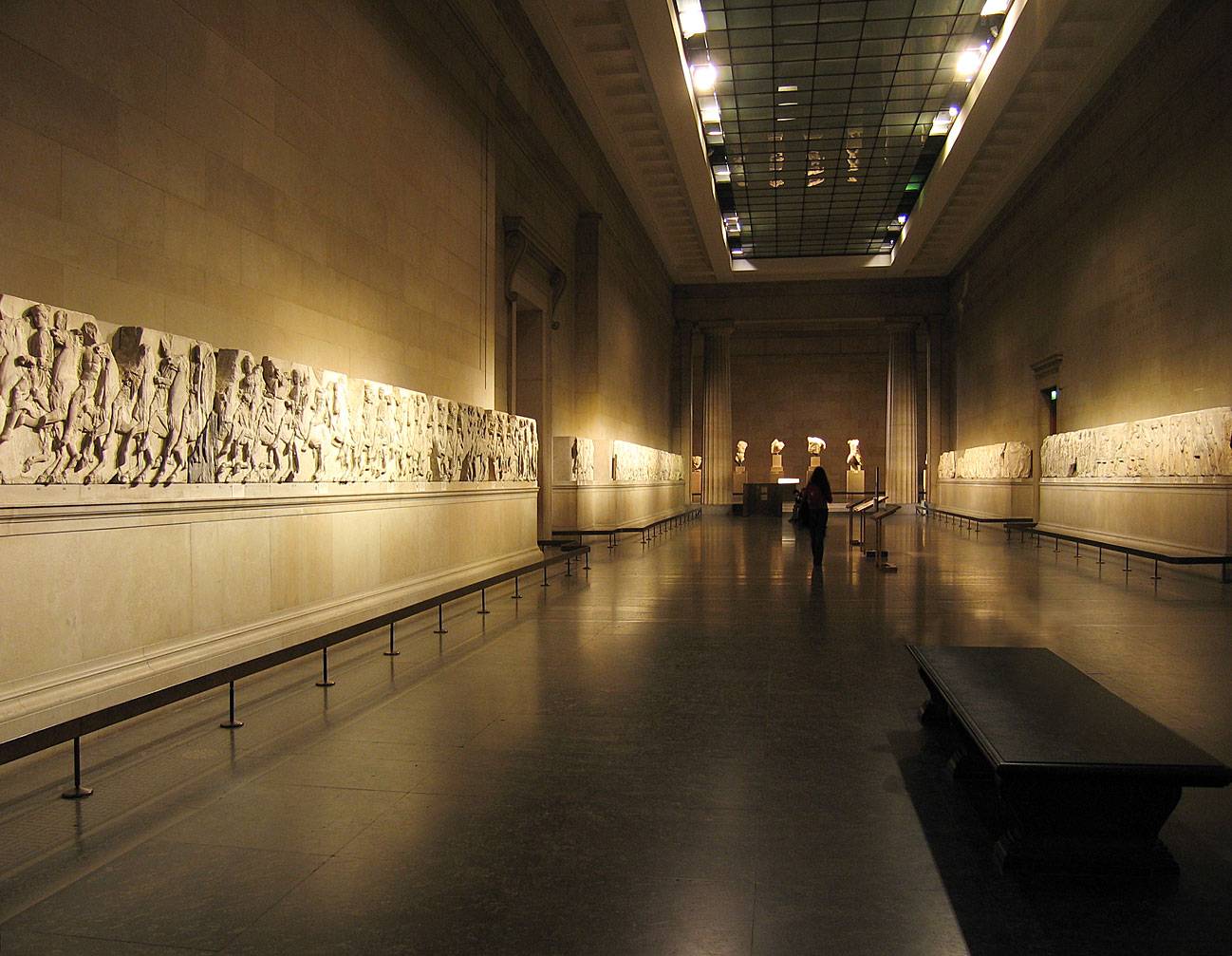
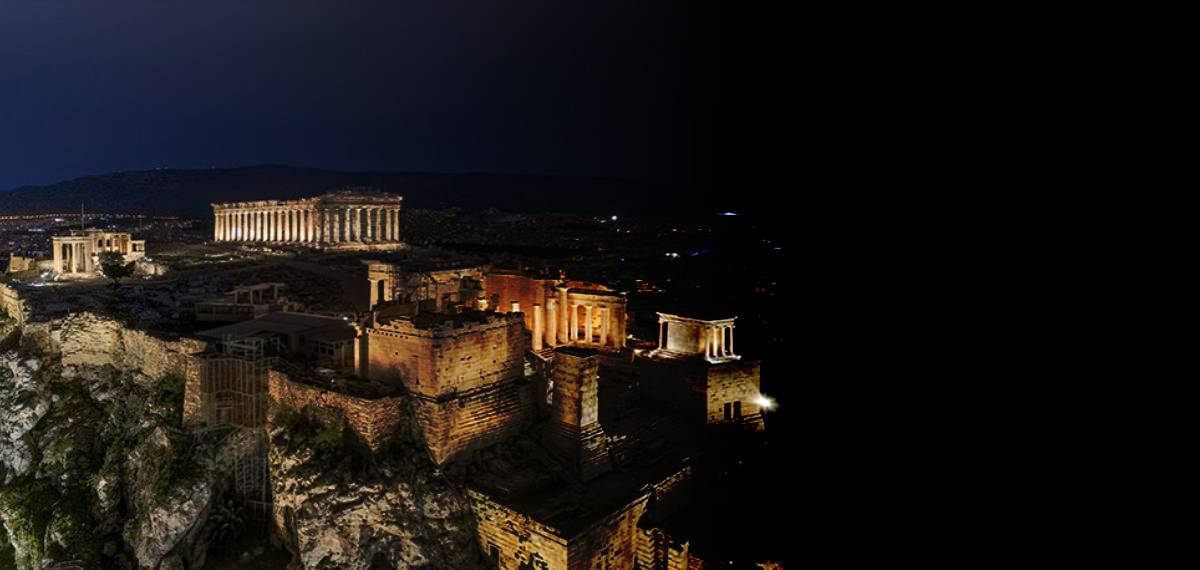
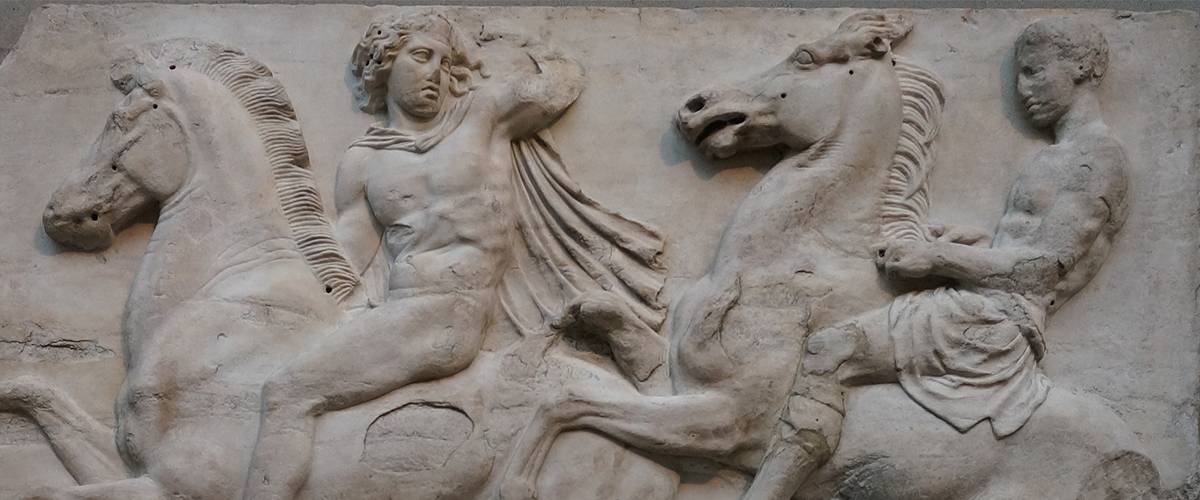
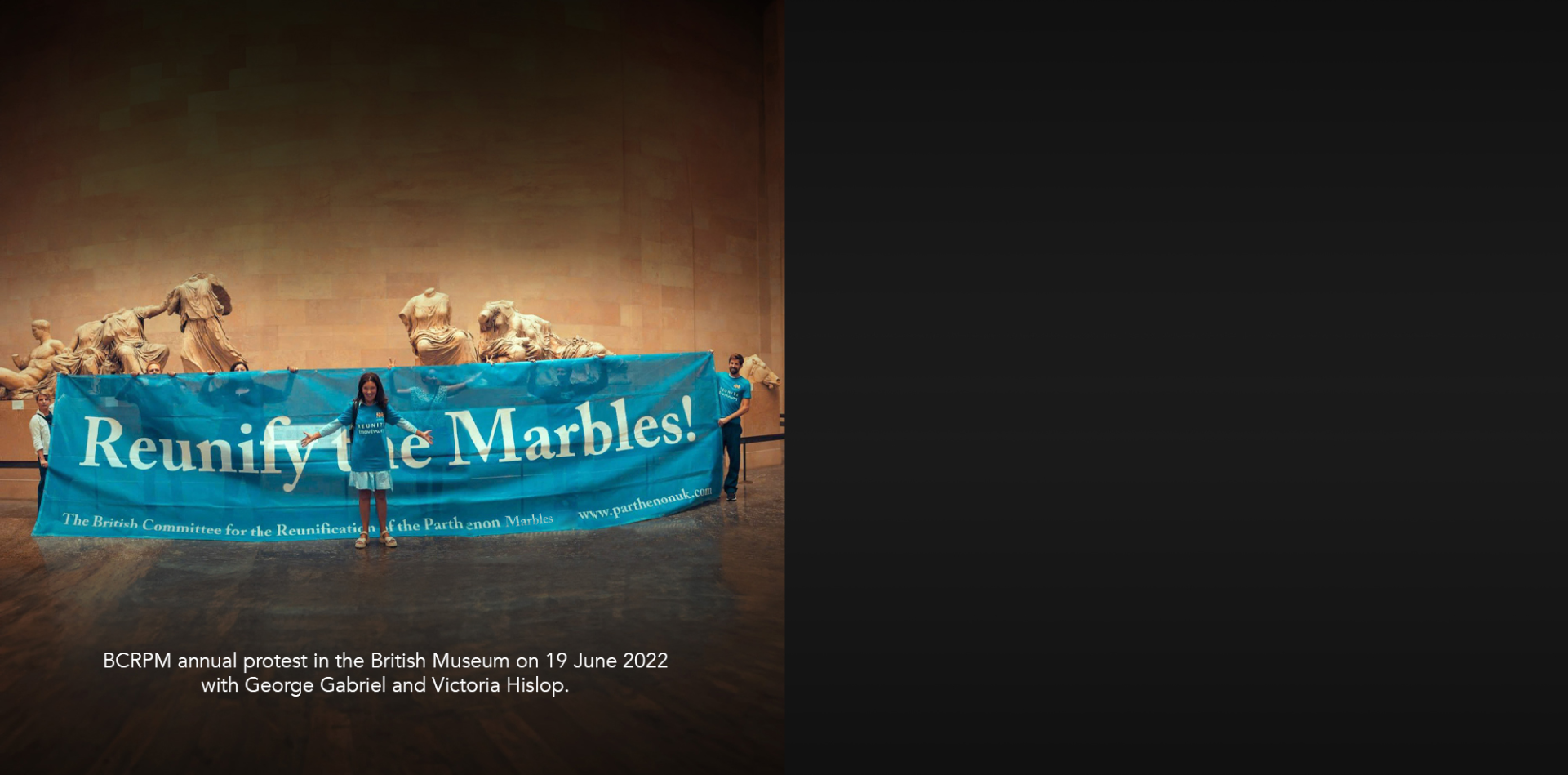
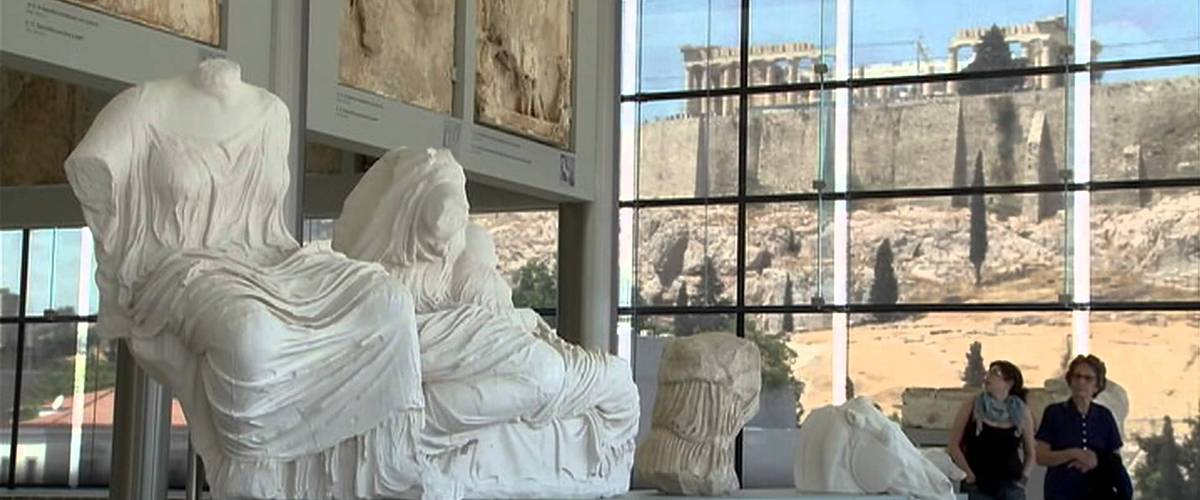
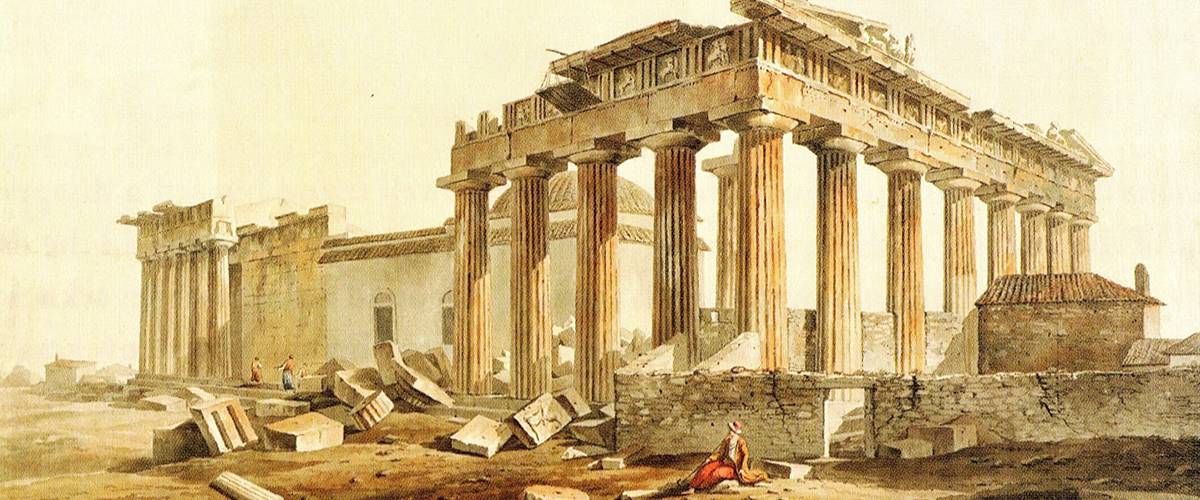
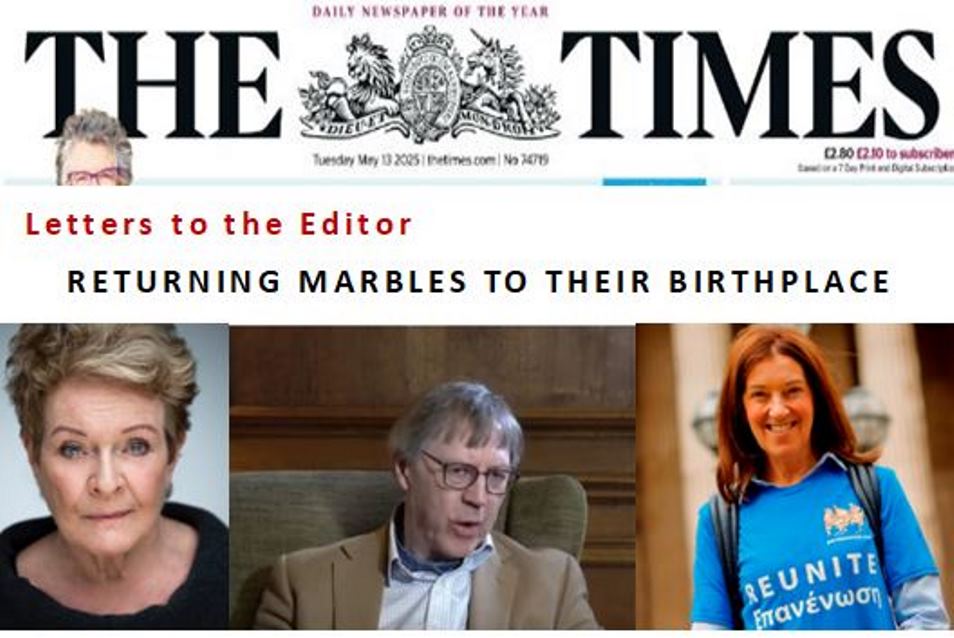
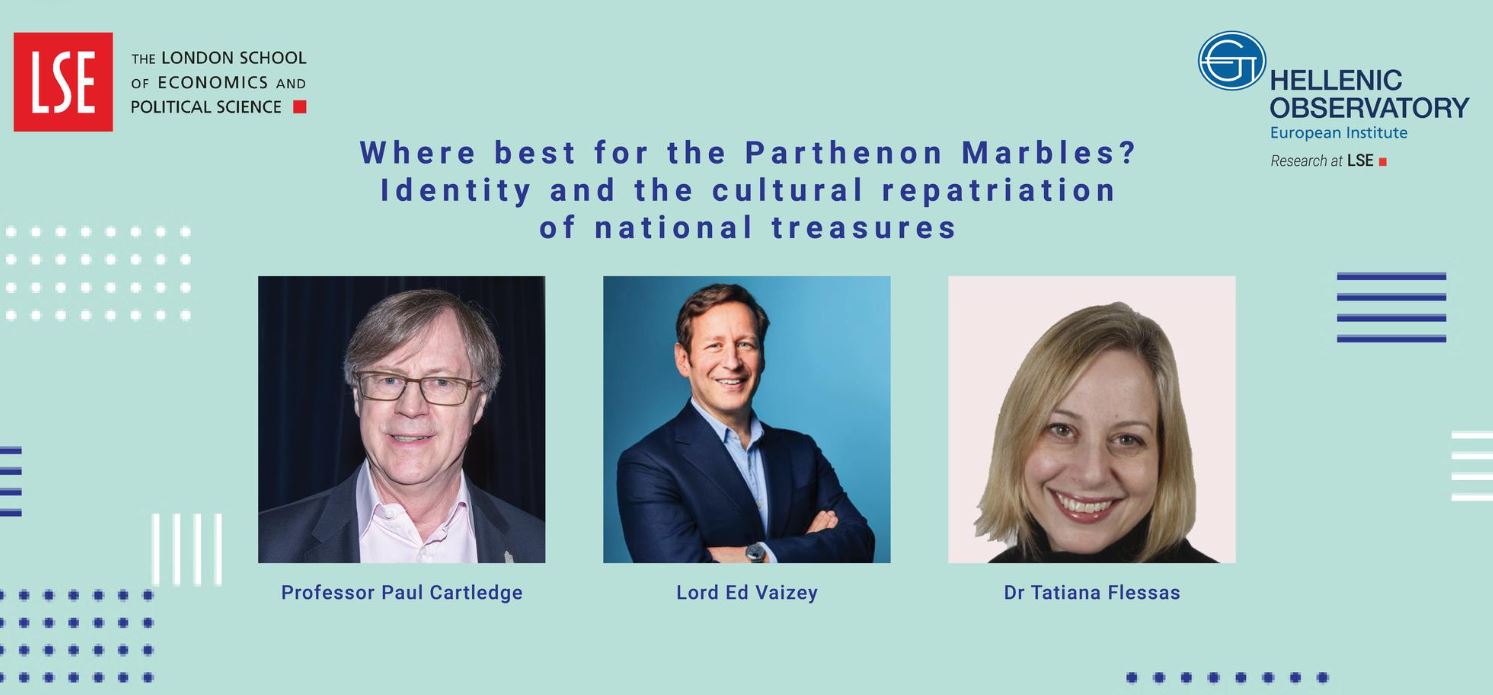
Comments powered by CComment